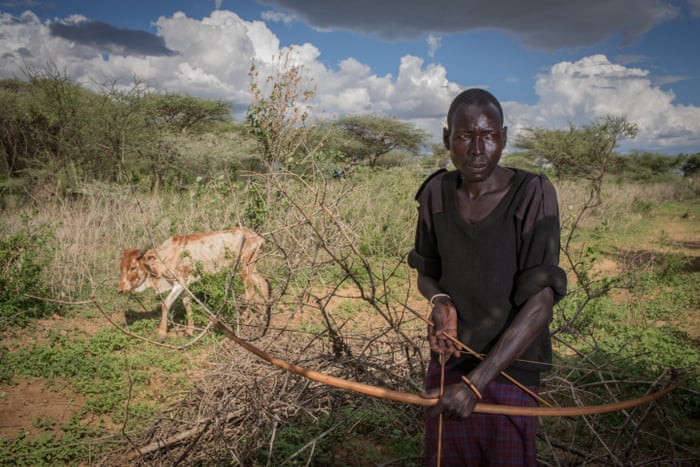
Kenya’s pastoralist communities have long considered cattle rustling a cultural practice, according to a 2011 Kenya Human Rights Commission report.
In the past, warriors would wield crude weapons such as spears, swords and bows and arrows to steal livestock, but they rarely killed people. Livestock is a symbol of wealth; stealing cattle was considered a means to elevate one’s status.

Religious leaders have urged the government to establish more schools in the North Rift, saying education is the only way to end the cattle rustling menace that has caused untold suffering in the region.
Speaking under the auspices of Baringo Dialogue Reference Group, the clerics, led by Anglican Church of Kenya (ACK) Bishop Musa Kamuren, regretted that bandits continued to wreak havoc despite deployment of additional security officers.
They said repeated attacks were being experienced in parts of Baringo and Elgeyo Marakwet counties, where two people were shot dead by bandits early this week.

Hundreds of residents have been displaced and several schools closed in Baringo South and North sub-counties.
“We have agreed on some corrective measures that if implemented will help in bringing to an end this practice. Establishment of boarding schools and school feeding programmes will highly motivate the young generation to enrol in schools and they will not have time to engage in banditry,” he said.
Bishop Julius Chepsat urged all stakeholders to support residents in developing alternative sources of income, which will end overdependence on cattle that have become a source of conflict, especially during dry seasons.